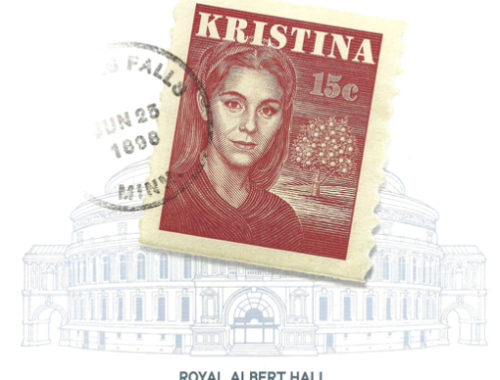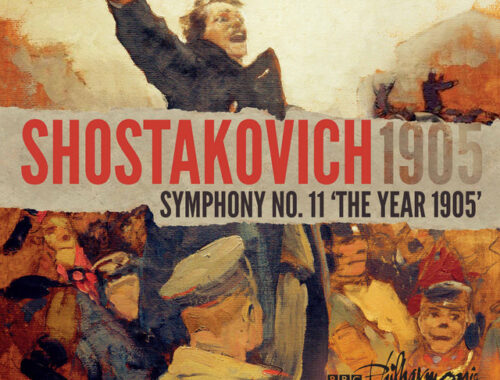Wagner “Tannhäuser”, Royal Opera House
To ravish the senses or feed the soul? That is the question. And although Wagner posed it knowing full well that its significance would resonate through the ages – and no more so than now – he also knew, as a man of the theatre, that in the right hands we his audiences might have it both ways. Tim Albery, the director of this powerful new staging, even begins by illuminating Covent Garden’s gilded proscenium arch, presenting it as the portal through which we might gain access to both empires of the senses, the sensuous and the soulful, whilst at the same time gently wagging the finger at all us opera-loving hedonists out there in the dark.
It makes sense, though, for Wagner’s “hallowed hall of song” to in fact be The Royal Opera House and during the Overture Albery and choreographer Jasmin Vardimon paint a vivid narrative of their own with Tannhäuser himself effectively sitting where we are, in the dark, before being lured – like so many before and after him – through the heavy velvet curtains of a replica Royal Opera proscenium to the pleasures that await beyond. It’s at this point that Vardimon’s startling choreography kicks in big time and to the frenzy of Wagner’s Venusberg music, thrillingly propelled by Semyon Bychkov, bodies roll and gyrate and hurl themselves with complete physical abandon to the sexual rhythm of the music. And the potency of the ensuing scene between Tannhäuser and Venus (the excellent Michaela Schuster in slink black sequined gown) is further heightened by a vision of Elizabeth (Eva-Maria Westbroek) in homely wool coat and scarf beckoning Tannhäuser to join her on the other side of those inviting velvet curtains.
In actuality, though, she is back in Wartburg and the “hallowed hall” in which she dutifully awaits her singer/composer/lover is rubble in a land wracked by civil war and governed by men who may speak of art and peace but practice war. Rarely can the innate conflicts and contradictions within this opera have been more clearly or more starkly addressed.
Caught in the middle of this conflicted world (and the love between Tannhäuser and Elizabeth) is the lonely figure of Wolfram and a quite extraordinary performance from Christian Gerhaher. Nothing is quite as it seems with this artist. He sings with a lieder singer’s care and attention for words, sometimes draining all colour from the sung note so as to allow the word alone to speak. But then a musical phrase will be filled with such disarming richness of sonority that you wonder where on earth it came from. Simple – as in his heartbreaking rendition of “Evening Star” – is never really just simple with Gerhaher. It’s the art concealing great art.
His final scene with Eva-Maria Westbroek’s impassioned and ultimately broken Elizabeth was so desperately moving – an awkward embrace before she quite literally faded into the darkness of this penitent valley. It only remained for Johan Botha’s beautiful and bravely sung Tannhäuser to wrestle heroically with his conflicted soul and bring hope to his ravaged homeland.
In the pit, Semyon Bychkov turned good Wagner into great Wagner bringing the full and glorious force of the Royal Opera Chorus forward for Wagner’s hopeful peroration. A new sapling was duly planted by the young boy who had welcomed Tannhäuser back home near the start of the opera. Notwithstanding cuts in funding, great art would flourish in this place again.
Let's hear it for Hammerstein
You May Also Like

Abba’s Swedish Folk Opera
16/04/2010
GRAMOPHONE: From Where I Sit – August 2020
16/09/2020